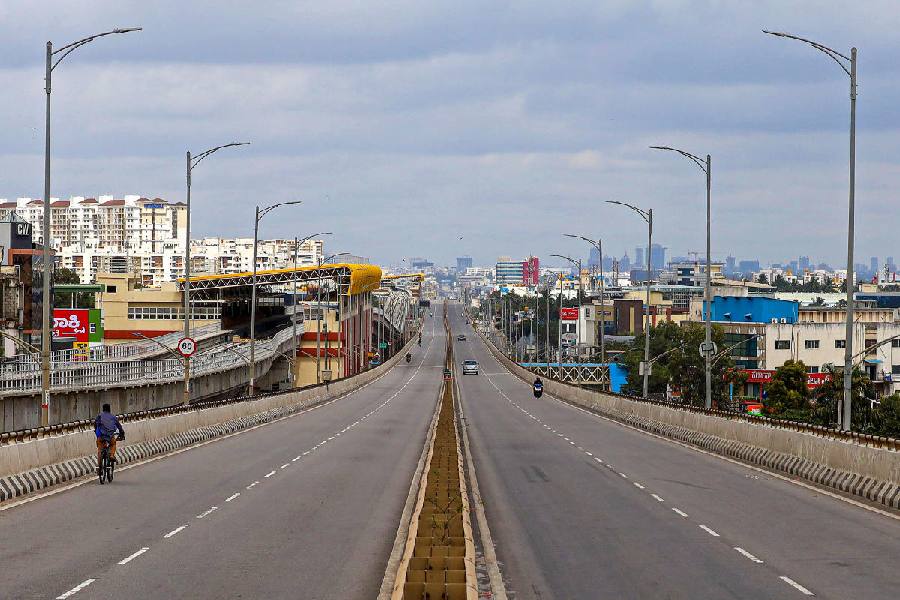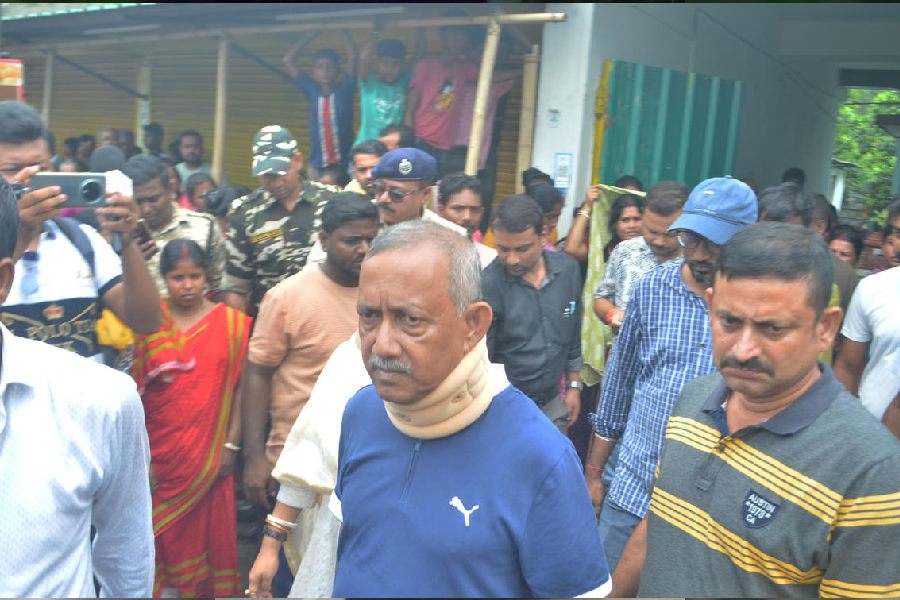The country’s service sector is set to face major disruption on Wednesday as more than 25 crore workers from various government departments and public sector undertakings gear up for a nationwide general strike, popularly referred to as Bharat Bandh.
The strike has been called by a forum of 10 central trade unions and their associates to oppose what they have described as “anti-worker, anti-farmer and anti-national pro-corporate policies of the government.”
Participating sectors include banking, postal services, mining, construction and state transport.
While major interruptions are expected in public services, private offices and schools are likely to remain open.
The trade unions behind the bandh are the All India Trade Union Congress (AITUC), Indian National Trade Union Congress (INTUC), Centre of Indian Trade Unions (CITU), Hind Mazdoor Sabha (HMS), All India United Trade Union Centre (AIUTUC), Self-Employed Women’s Association (SEWA), All India Central Council of Trade Unions (AICCTU), Trade Union Coordination Centre (TUCC), Labour Progressive Federation (LPF), and United Trade Union Congress (UTUC).
The forum has urged workers across the formal and informal sectors to make the general strike a “grand success.”
Preparations for the bandh have been taken up earnestly by affiliated unions across all sectors of the economy.
The protest is primarily against the four new labour codes, which the unions allege will dilute worker protections, legalise longer working hours, weaken trade unions, and make striking and collective bargaining more difficult.
The forum claims that the government is pursuing economic and labour reforms that erode worker rights and worsen job conditions in the name of ease of doing business.
The unions argue that the policies of the BJP-led Union government have led to rising unemployment, price hikes on essential commodities, stagnating wages, and cuts in government spending on health, education, and civic services.
They claim that these measures have deepened inequality and worsened the condition of the poor, lower income groups, and the middle class.
A 17-point charter of demands was earlier submitted to Union labour minister Mansukh Mandaviya, but the forum stated that no concrete response was received.
Key demands include withdrawal of the four labour codes, stopping the privatisation of public sector units and services, ensuring minimum wage guarantees and universal social security, banning contractualisation, restoring the Indian Labour Conference which has not been held in over a decade, and increasing investment in public welfare services.
The unions also criticised the policy of hiring retired personnel instead of creating new jobs for the youth, particularly in sectors like Railways, NMDC Ltd, the steel sector, and educational institutions.
They argue that this practice hampers national growth at a time when 65 per cent of the population is under the age of 35 and the highest unemployment rates are among individuals aged 20 to 25.
They further allege that the government has bypassed all formal dialogue mechanisms and is implementing critical reforms through backdoor channels.
The forum has accused the government of cracking down on workers’ protests through Public Security Bills and attempting to disenfranchise migrant labourers.
In Tamil Nadu, the state government has issued a warning against participation in the strike.
In a circular released on Tuesday, July 8, chief secretary Muruganandam cautioned government employees that involvement in demonstrations disrupting normal functioning would invite disciplinary action under Sections 20, 22 and 22-A of the Tamil Nadu Government Servants’ Conduct Rules 1973.
What’s likely to be affected:
1. Banking services
2. Postal services
3. Coal mining and factories
4. State transport services
5. Public sector units and government departments
Amarjeet Kaur from the All India Trade Union Congress said that farmers and rural workers will also join the protest across the country.
Why are workers protesting:
1. Labour policies that hurt worker protections
2. Push for four new labour codes reducing rights like collective bargaining and striking
3. Rising unemployment and inflation
4. Cuts in healthcare, education, and civic amenities
5. Government recruiting retirees instead of hiring youth
6. No labour conference in 10 years
7. Attempt to disenfranchise migrant workers
8. Crackdown on protests using Public Security Bills
Key demands of the protesters:
1. Halt the four labour codes
2. Restore workers' right to unionise and strike
3. Create more jobs, especially for youth
4. Fill government vacancies with new recruitments
5. Increase MGNREGA wages and expand the scheme to urban areas
6. Strengthen public health, education, and civic services
(With inputs from PTI)











